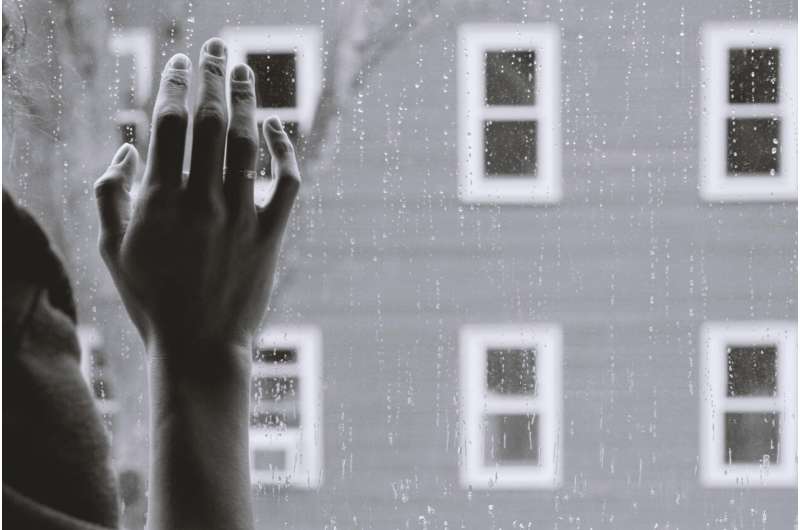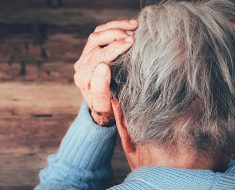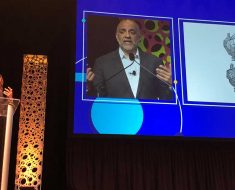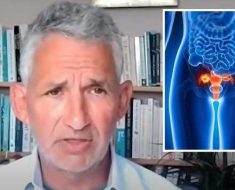
La Trobe University researchers have developed a website to help people better identify and respond to suicide risk in their family members and friends.
Created as part of a world-first suicide prevention initiative, the resource is aimed at the general public, but includes information specifically to support people from the autistic and LGBTIQA+ communities.
Senior Research Fellow at La Trobe University’s Olga Tennison Autism Research Centre, Dr. Darren Hedley, said tailored resources are vital when it comes to supporting people who are at increased risk of suicide.
“Both autistic and LGBTIQA+ communities have unique challenges when it comes to their mental health, often because of others not understanding them, or outright prejudice and bullying,” Dr. Hedley said.
“Very few health professionals genuinely understand these challenges, making knowledgeable and supportive family and friends even more critical in their lives.
“This website, underpinned by peer-reviewed research, will not only equip people to better identify the warning signs, it will help give them confidence to intervene in a safe and supportive way,” Dr. Hedley said.
Dr. Hedley said the website—including 12 free modules, animated videos and downloadable fact sheets—provides nuanced information focussed on knowledge-building and effective intervention techniques.
“Autistic people can differ in how they communicate, including when they are struggling with their mental health,” Dr. Hedley said.
“Too often we hear stories of autistic people being sent home after presenting to emergency—even after saying they are suicidal—before making an attempt on their own life,” Dr. Hedley said.
Dr. Hedley said the website also takes into account some of the challenges that LGBTIQA+ people can face, including discrimination and social isolation which contributes to higher rates of suicide in this population.
“If family, friends and health professionals could better understand these issues, many tragedies within both these communities could be avoided,” Dr. Hedley said.
Executive Officer of autism peer support organization, Different Journeys, Mel Spencer said she has built up knowledge over the years on how to support her three children through their journeys with mental health challenges and autism.
“My children all have an autism diagnosis, as well as anxiety and obsessive-compulsive disorder. On occasion they’ve felt completely out of control, behaving erratically, and endangering themselves and others,” Ms Spencer said.
“As their parent, having a deep understanding of how people with an autism diagnosis react when they’re under stress compared to neurotypical people—and how to best respond to that—has helped enormously,” Ms Spencer said.
“I had to accumulate that information over the years through different websites and health professionals, and finding others in similar situations and learning together—so having access to this kind of specific information in one place is extremely valuable and welcome.”
The website was developed by a multi-disciplinary team of La Trobe experts, and people with lived experience of the challenges faced by autistic and LGBTIQA+ communities. Co-designers include Dr. Karien Hill, Dr. Carina Chan, Dr. Josephine Barbaro, Mick Leahy, David Murphy and Dr. Darren Hedley.
Dr. Hill said the website is based on her study findings that a psychological theory known as Bystander Intervention Model is highly effective at motivating people to act when a friend or family member is at risk of suicide.
“This applies to all members of the public—but we also co-designed it with the LGBTIQA+ and autistic communities to ensure there was tailored information for supporting those higher risk groups,” Dr. Hill said.
Source: Read Full Article





